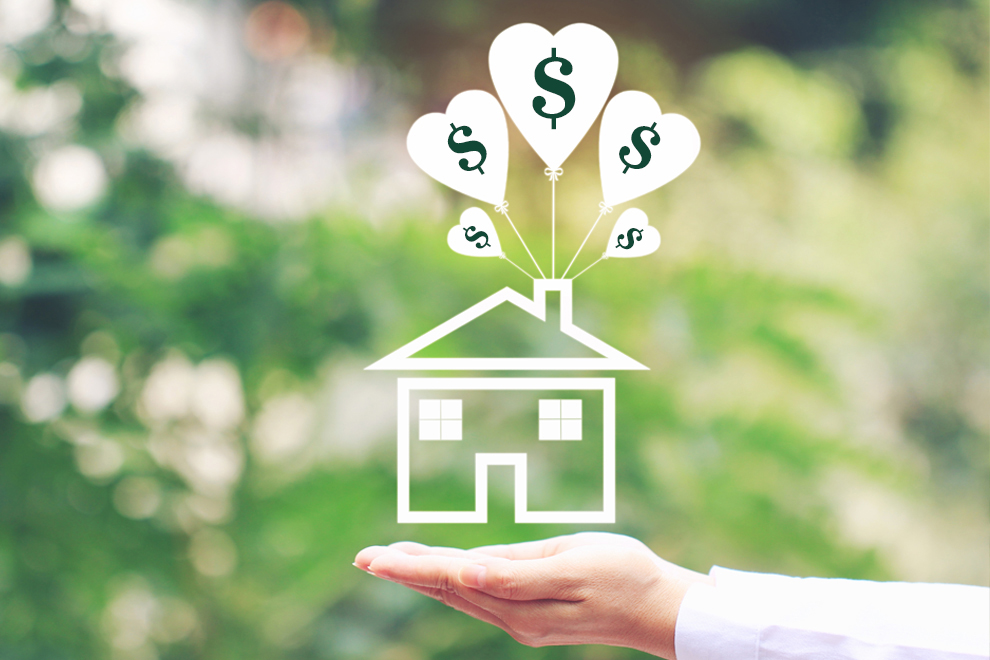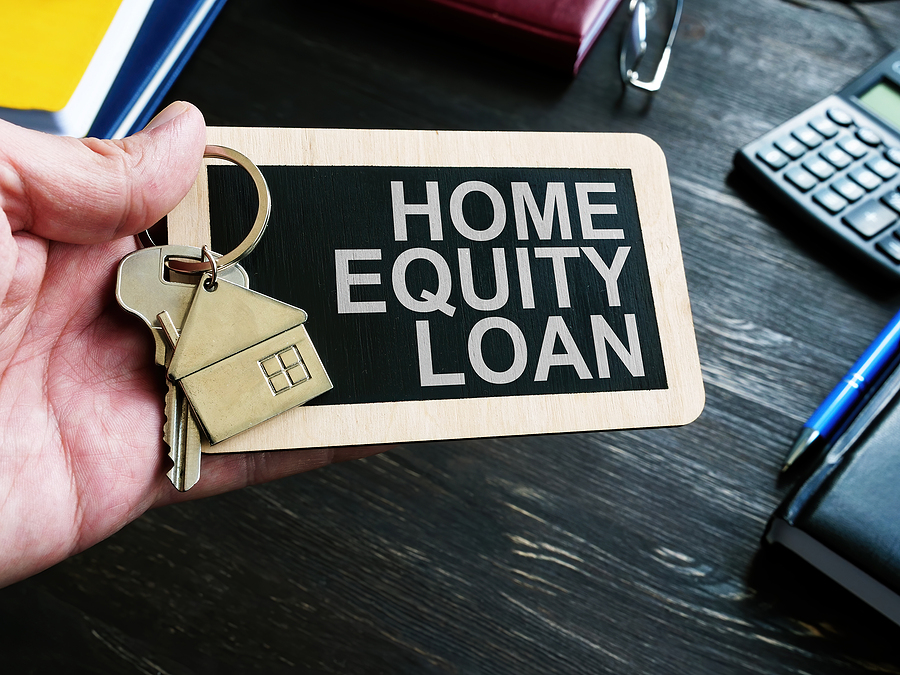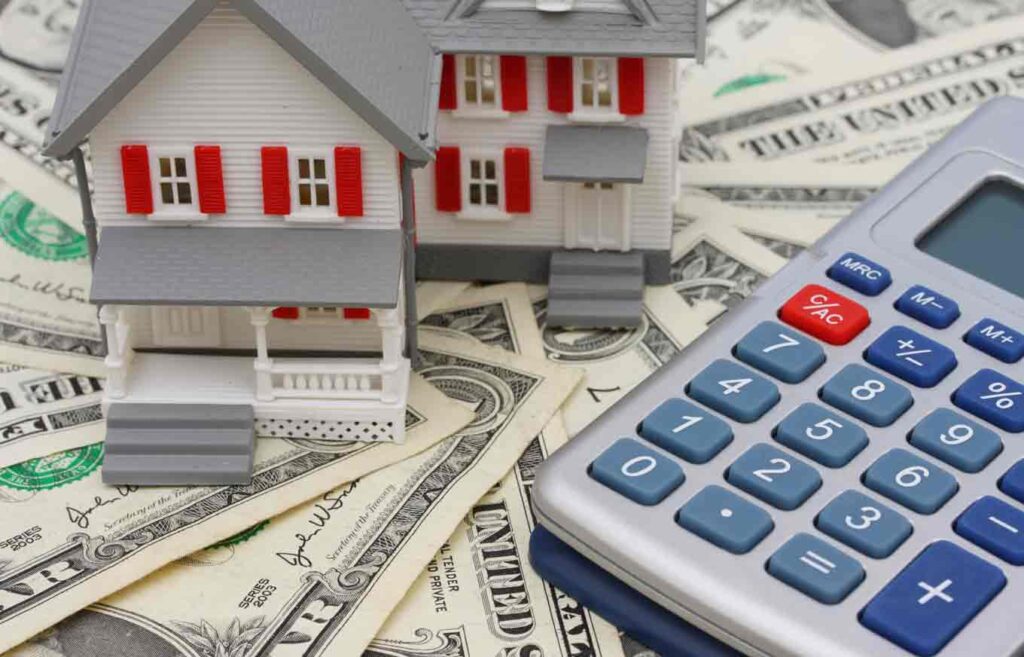Being a homeowner comes with many advantages. Owning property could even help you pay towards your future retirement. Many homeowners have heard of home equity, but do not understand what it is or how they can use it. This simple guide should help you understand it more and help you find ways to use it as part of your future financial plans.
What Is Home Equity?

source: pinterest.com
When you take out a residential mortgage, you are taking out a loan secured against your home. As you make your monthly payments, you are effectively paying off the interest on that loan and some of the principal borrowing amount. The more payments you make, the more of this initial principal you pay down. As you pay more off this principal amount over time, you could be building up equity. Home equity is the amount of money you have left over, once you factor in your properties value and subtract any outstanding mortgage balance.
People who have been making repayments towards their mortgage for many years may have built up an amount of home equity that they could use in different ways. This can be useful if you are approaching retirement or you need a sum of money to help pay for something. It is possible to release your home equity if you need to. If you are wondering about how long the process of releasing equity takes, Retirement Solutions can help you find out. They can help you check if you are eligible for equity release and discover how much equity you can release.
How Can You Increase Home Equity?

source: pinterest.com
It is possible to increase the amount of equity you have in your home if you want to. This will depend on your mortgage and mortgage provider. When you first take out a mortgage, you will need a deposit or a down payment. This forms the initial part of your equity, so the larger your deposit is, the more home equity you begin with.
Some mortgages are interest-only in the first few years of the terms, which makes it difficult to build equity initially as your payments are only paying down your interest and not the principal of the mortgage. If you want to start building equity in your home right away, you should try to avoid this type of lending. Look for a mortgage that allows you to pay more than the minimum amount required. This is called an overpayment, and whatever you pay above the minimum amount pays off the principal and not the interest. Doing this allows you to build up equity much more quickly.
Staying in your home for a long time also helps you increase your equity stake in your home. Over time house prices generally increase. The difference between the value of your home when you bought it and its current value also contributes to your equity if you were to re-mortgage or refinance. By making continuous overpayments over a long period, and experiencing an increase in property value, you can build a large amount of equity in your home.
How Do You Use Your Home Equity?

source: pinterest.com
You can release your home equity in a few different ways. Some homeowners use their home equity to help fund their retirement plans. Lifetime mortgages are one of the most common ways to release your home equity for retirement, as it allows people to stay in their homes while still releasing the equity they have built up.
Lifetime mortgages are secured against the property and are paid off when the last homeowner passes away or goes into long term care. People who take out lifetime mortgages can still make payments if they choose to. This will reduce the amount due at the end of the terms and the amount of interest paid on the lifetime mortgage. If there is an existing mortgage on the property, this must be repaid in full as a part of the terms of a lifetime mortgage.
People who take out lifetime mortgages can usually choose to either receive one large lump sum or to receive a smaller sum of money and then regular payments during the mortgage period. This money can be put to several uses, including making additions to the home that can increase its value, such as a conservatory or loft conversion.
What Is The Bottom Line?

source: pinterest.com
Home equity is one of the most important assets people have at their disposal in their lifetimes. By making overpayments on your mortgage, you can build up a large amount of equity that you can use in many ways. By using it to help fund your retirement through a lifetime mortgage, it is possible to live in your home while making use of the equity you have built up in it.
Every financial decision needs to be carefully considered and planned. If you have a mortgage, consider making overpayments to help increase the amount of equity you have in your home to give you more options in the future. Home equity can be a powerful financial tool, but you need to have it to use it.



